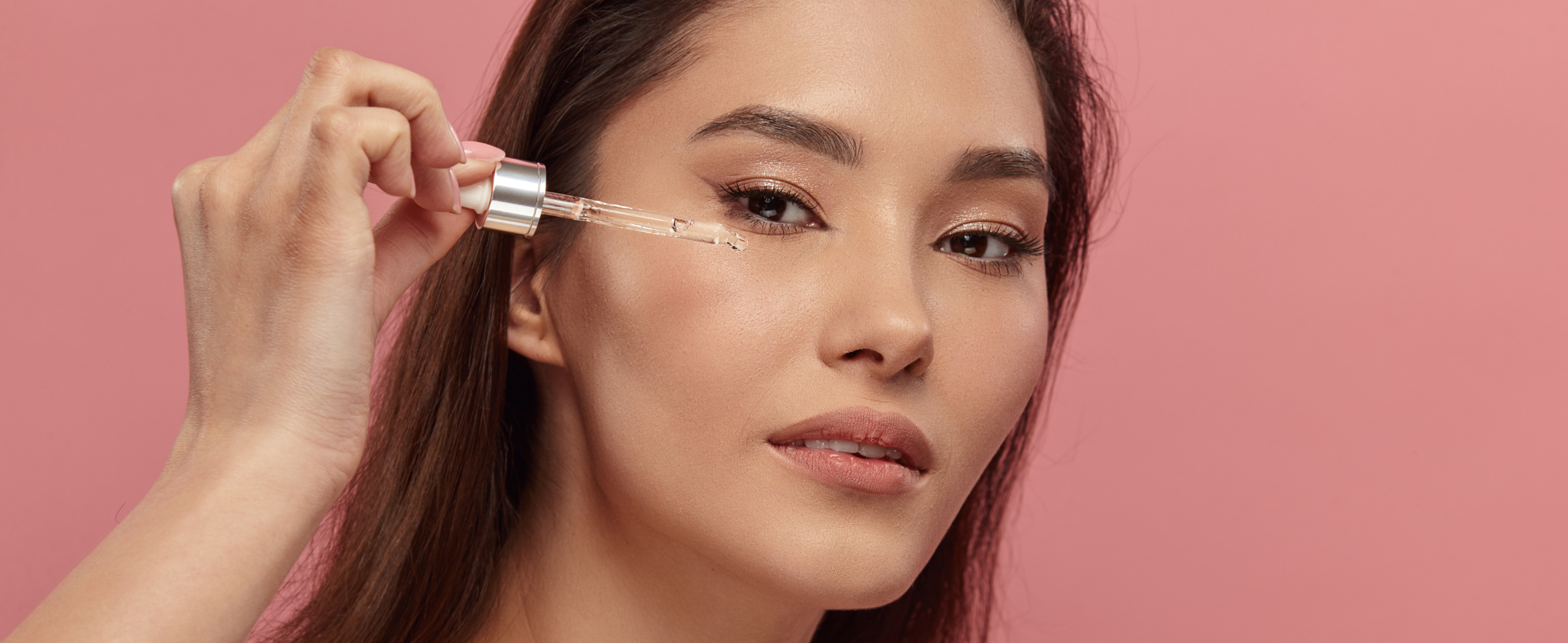If there’s one skincare ingredient that deserves a permanent place in your routine, it’s Vitamin C. Hailed by dermatologists and beauty lovers alike, Vitamin C is a powerful antioxidant that brightens skin, fades dark spots, and helps prevent signs of aging. But how do you use it correctly, and what should you look for in a Vitamin C product?
This guide covers everything you need to know about Vitamin C in skincare—from its key benefits to how to choose the best product for your face.
What Are the Benefits of Using Vitamin C for Your Face?
Vitamin C (also known as ascorbic acid) is a potent antioxidant with a long list of skin benefits:
- Brightens dull skin: It helps fade hyperpigmentation, sun spots, and post-acne marks, leaving your skin more radiant.
- Boosts collagen production: Vitamin C stimulates the skin’s natural collagen production, reducing the appearance of fine lines and wrinkles.
- Protects against environmental damage: It neutralizes free radicals caused by UV exposure and pollution, helping prevent premature aging.
- Improves skin tone and texture: With regular use, Vitamin C evens out skin tone and smooths rough patches for a healthier, more youthful appearance.
How To Choose the Best Vitamin C Products for Your Skin
Not all Vitamin C products are created equal. Here are some key tips to help you find the right one for your skin type:
-
Look for the right concentration:
For most skin types, a concentration between 10% to 20% is ideal. Lower concentrations (around 5%) are great for sensitive skin, while higher ones (up to 20%) offer stronger results but may cause irritation. -
Check the form of Vitamin C:
L-ascorbic acid is the most effective (and most studied) form, but it can be unstable. Look for products that include stabilizing ingredients like ferulic acid and Vitamin E, which help prolong its shelf life and boost effectiveness. -
Pay attention to packaging:
Vitamin C is sensitive to light and air, so choose products in dark, airtight bottles or pumps to maintain potency. -
Add-ons that enhance Vitamin C:
Formulas that include hyaluronic acid, peptides, niacinamide, or ceramides can improve hydration and support the skin barrier while minimizing irritation.
How to Use Vitamin C In Your Skin Care Routine
To get the most from your Vitamin C product, use it consistently and at the right time. Here’s how to incorporate it into your daily skincare routine:
- Cleanser: Start with a gentle, non-stripping cleanser.
- Toner (optional): A hydrating or balancing toner can prep your skin, especially if you're layering actives.
- Vitamin C serum: Apply a few drops of your Vitamin C serum to clean, dry skin.
- Moisturizer: Follow with a hydrating moisturizer to lock in moisture and comfort the skin.
- Sunscreen (AM): Vitamin C works best in the morning, especially when paired with SPF. Together, they offer enhanced protection against UV damage.
Pro tip: Let your Vitamin C serum absorb fully before layering other products.
How Often Should You Be Using a Vitamin C Serum?
Most people can use a Vitamin C serum once daily, ideally in the morning. If you’re new to active skincare, start by using it 2–3 times per week and increase frequency as your skin builds tolerance.
If you experience sensitivity, try applying Vitamin C every other day or switching to a formula with a lower concentration. Those with highly sensitive or reactive skin may benefit from buffered forms like magnesium ascorbyl phosphate, which are gentler but still effective.
What Is the Best Vitamin C Serum for Your Face?
The best Vitamin C serum depends on your skin type and concerns. Here’s a quick guide:
- Oily or acne-prone skin: Look for lightweight, water-based serums with L-ascorbic acid (10–15%) and ingredients like niacinamide.
- Dry or mature skin: Choose a serum with added hyaluronic acid, Vitamin E, and ceramides to support hydration and elasticity.
- Sensitive skin: Opt for gentler derivatives such as sodium ascorbyl phosphate or tetrahexyldecyl ascorbate, which are less likely to cause irritation.
Regardless of the brand, prioritize formulas in airtight, tinted bottles, and make sure the product smells fresh—Vitamin C that’s oxidized often has a metallic or sour scent and turns yellow or brown.
Potential Side Effects of Using Vitamin C
Vitamin C is generally well-tolerated, but some people may experience side effects like:
- Mild irritation or redness
- Dryness or tightness
- Breakouts during adjustment period
To minimize these effects:
- Start slow (2–3 times a week)
- Use a lower concentration
- Pair it with soothing ingredients like aloe vera, niacinamide, or hyaluronic acid
Avoid using Vitamin C alongside harsh exfoliants (like AHAs or BHAs) in the same routine unless your skin is already used to both. You can alternate them: Vitamin C in the morning, acids at night.
Final Thoughts
Vitamin C is truly one of skincare’s hardest working ingredients. From brightening and evening out skin tone to defending against free radical damage and supporting collagen production, it’s a must-have for anyone seeking healthier, more radiant skin.
Choosing the right Vitamin C product and using it consistently can deliver visible results in just a few weeks. With a little patience and the right formula, you’ll soon see why Vitamin C deserves its spot in your daily skincare routine.








